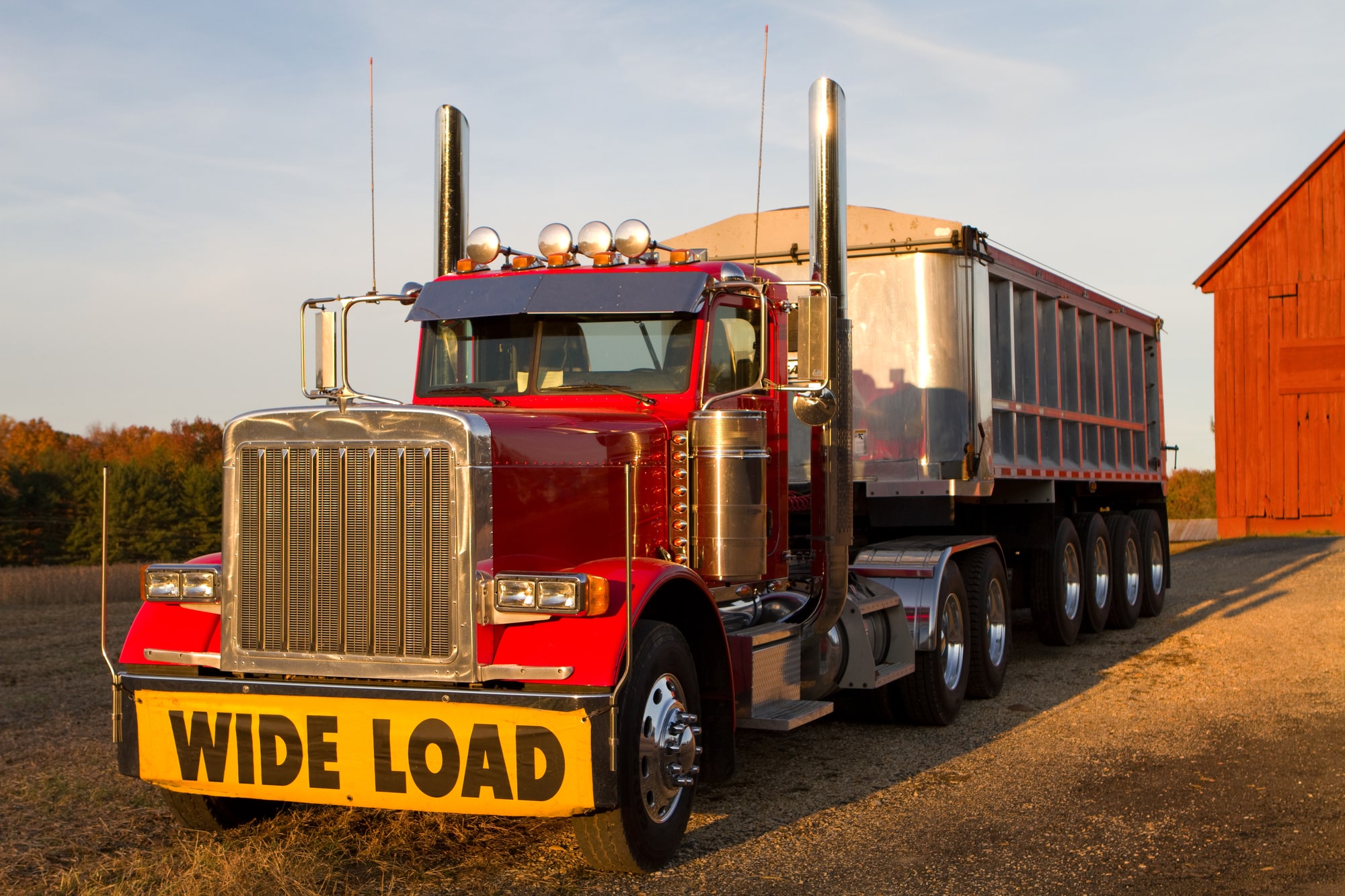Truck Accident
Liability in truck accidents can be a complex and multifaceted issue, often involving multiple parties and a thorough investigation to determine who is at fault. Due to the potential for severe injuries and substantial property damage, resolving liability in truck accidents is crucial for ensuring justice and appropriate compensation for the victims. Liability can be addressed through several ways in a truck accident.
Driver Negligence: One of the primary factors in truck accidents is driver negligence. If a truck driver fails to follow traffic laws, engages in reckless behavior, drives under the influence, or exhibits fatigue due to violating hours-of-service regulations, they can be held liable for the accident. This requires proving that the driver’s actions or lack of action contributed to the accident. In many cases, evidence such as eyewitness testimonies, surveillance footage, and data from onboard recording devices (like a truck’s black box) can be pivotal in establishing the driver’s liability.
Employer Liability: A trucking company is often one of the parties that are considered liable in accidents. This concept is known as “vicarious liability” or “respondeat superior.” If it can be demonstrated that the driver was operating within the scope of their employment at the time of the accident, the trucking company could share in the responsibility. If a trucking company neglected proper training, vehicle maintenance, or allowed drivers to exceed legal driving hours, they might be found directly liable for the accident due to their own negligence.
Manufacturer Defects: Sometimes, liability in a truck accident can be attributed to a defect in the truck itself. If a mechanical failure, such as brake malfunction or steering system defects, contributed to the accident, the truck manufacturer or parts supplier could be held liable. These cases often involve expert analysis of the vehicle’s condition and design to establish a direct link between the defect and the accident. As a truck accident lawyer like one from Truck Law can tell you, liability claims allow victims to get compensation from parties that are responsible.
Third-Party Negligence: Liability in truck accidents is not always limited to just the truck driver and the trucking company. Third parties can also contribute to accidents. For instance, if the accident was caused by a poorly maintained road, inadequate signage, or a vehicle from another company, those responsible for road maintenance or the operation of the other vehicle could share liability. To determine which third party is negligent, a detailed investigation is required and parties such as government entities can be involved.
In resolving liability in truck accidents, it’s important to recognize that these different aspects can overlap and interact in complex ways. Settlement discussions or court trials are a few of the things that legal proceedings may consist of. To address liability effectively, a comprehensive approach is necessary—one that considers all potential contributing factors and parties involved. This often requires the expertise of accident reconstruction specialists, legal professionals, and potentially even expert witnesses in fields like engineering or medical care.
Connect With A Truck Accident Lawyer
Overall, the process of solving liability in truck accidents is not only about determining fault but also about ensuring that the injured parties receive the compensation they deserve for their physical, emotional, and financial losses. Find out what legal services you can receive by contacting a lawyer right away.

